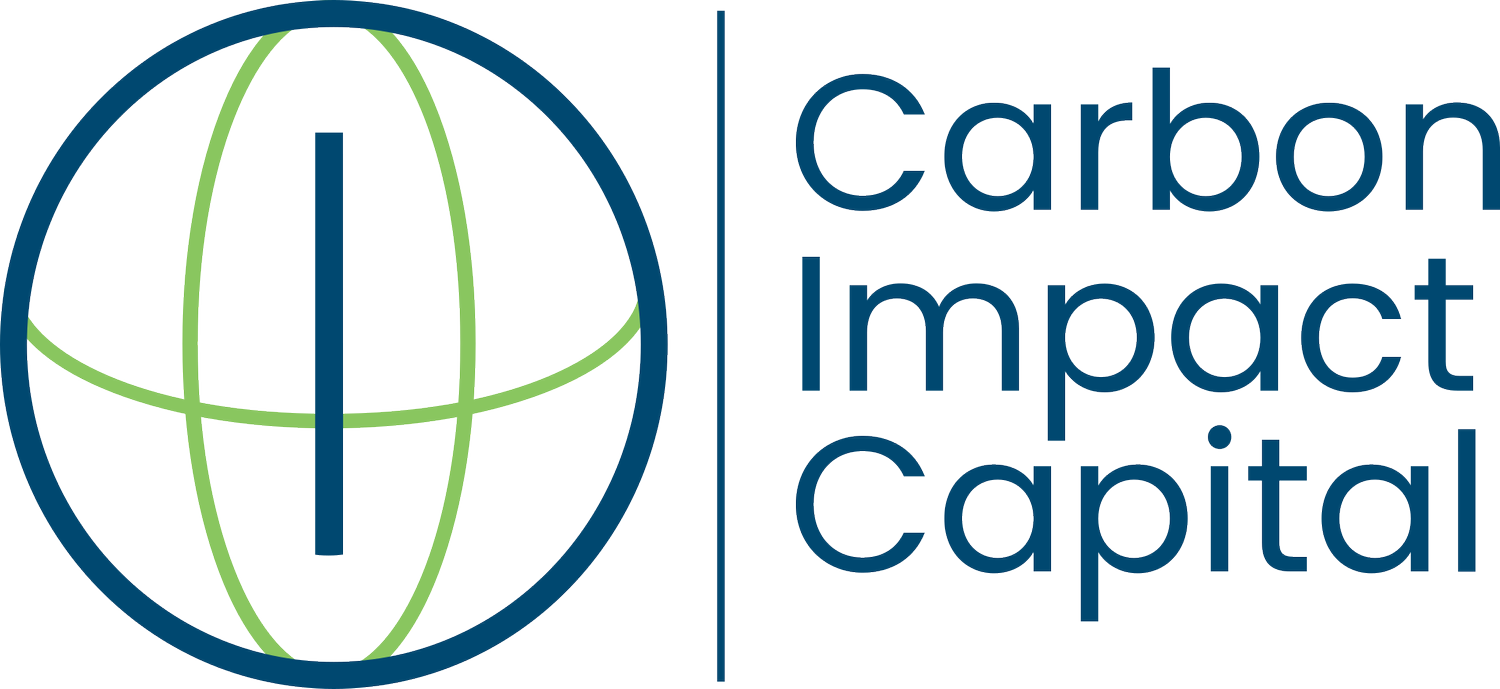Our work Supports 10 UN Sustainable Development Goals
More than 700 million people still live in extreme poverty and are struggling to fulfil the most basic needs like health, education, and access to water and sanitation. The overwhelming majority of people living on less than $1.90 a day live in Southern Asia and sub-Saharan Africa and they account for about 70% of the global total of extremely poor people.
By supporting high quality carbon finance projects, businesses can deliver essential emission reductions and support low carbon sustainable development in areas most in need.
Extreme hunger and malnutrition remains a barrier to sustainable development. Hunger and malnutrition mean less productive individuals, who are more prone to disease and thus often unable to earn more and improve their livelihoods. There are nearly 800 million people who suffer from hunger worldwide, the vast majority in developing countries.
Despite great strides in improving people’s health and well-being in recent years, inequalities in health care access still persist. Each year, more than six million children die before their fifth birthday, and only half of all women in developing regions have access to the health care they need.
Education is the key that will allow many other Sustainable Development Goals to be achieved. When people have access to get quality education they can break from the cycle of poverty. Education therefore helps to reduce inequalities, promote gender equality, and empowers people to live healthier and more sustainable lives.
While the world has achieved progress towards gender equality and women’s empowerment under the Millennium Development Goals, women and girls continue to suffer discrimination and violence in every part of the world. Providing women and girls with equal access to education, health care, decent work, and representation in political and economic decision-making processes will fuel sustainable economies and benefit societies at large.
Globally, 1.3 billion people have no access to electricity, 82% of whom live in Sub-Saharan Africa and South Asia. In these areas, dependence on solid fuels is costly, puts pressure on surrounding ecosystems, and releases carbon monoxide and black carbon particulates when burned. Our everyday lives depend on reliable and affordable energy services to function smoothly and to develop equitably. Lack of access to energy supplies and transformation systems is a constraint to human and economic development.
Roughly half of the world’s population still lives on the equivalent of about US$2 a day. In addition to creating jobs, conditions need to be improved for some 780 million women and men who are working, but not earning enough to lift themselves and their families out of poverty - poverty eradication is only possible through stable and well-paid jobs.
Half of humanity—3.5 billion people—live in cities today, and this number will continue to grow. Cities have great potential to enable people to advance socially and economically, but inequality is a big concern. 828 million people live in slums, energy consumption and pollution are rising, and many cities are vulnerable to climate change.
People are already experiencing the significant impacts of climate change, including changing weather patterns, rising sea level, and more extreme weather events. Without action, the world’s average surface temperature is projected to rise over the 21st century and is likely to surpass three degrees Celsius this century. This will further increase the severity of climate change impacts, which disproportionately affects the poor and most vulnerable.
From the air we breathe to the water we drink, to the food we eat–forests sustain us. Around 1.6 billion people directly depend on forests for their livelihood, and forests are home to more than 80% of all terrestrial species of animals, plants and insects.










